
There are plenty of folks who will raise their heckles at the mere mention of pre-ordering a video game. “Pre-orders are destroying video games,” they say. “If you pre-order a game, you’re part of the problem, you ignorant fool!”
Publishers of video games, on the other hand, love pre-orders. They frequently offer pre-order bonuses because they want to incentivize consumers to purchase their games this way. Why? Because it helps to gauge interest before launch.
Creating a big-budget video game takes years of time and often over a hundred people. The process of pressing a game to disc, printing the surface of that disc, printing a cover for it, shrinkwrapping it, and shipping it off takes a lot of planning and money. If you can mitigate some of the planning work by having an idea of how many units you’ll sell through at release, why not go for it?

From a business perspective, the practice makes a lot of sense.
From the perspective of many players, though, this is an unethical practice. It’s not seen as a bonus for loyalty but as a punishment for a lack of loyalty. It’s a punishment for being patient, for waiting for review scores to be in before making a purchase. It’s a punishment for being an informed consumer. Worst case scenario, it’s an attempt at shoving an unfinished product into the hands of ignorant consumers before word has time to spread that this game is a piece of garbage.
I can understand this sentiment, I suppose. But I also must point out that this is a purely emotional reaction; it’s not a logically sound opinion. And, while it’s wise to practice caution during the pre-release window, pretending pre-orders are somehow destroying video games as a medium is complete nonsense.
Here are ten holes in this argument that very few people will ever point out:
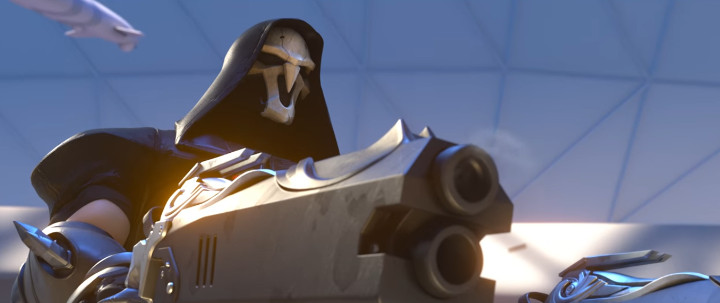
1. You can pre-order a video game at most major retailers for $5 or less.
It costs $5 to pre-order a game at GameStop. Some retailers, such as Amazon and Best Buy, won’t charge you at all until release day. You’re not paying full price before the game comes out; you’re paying whatever you want. And, as I’ll get to in my next point, any money you put down is fully refundable.
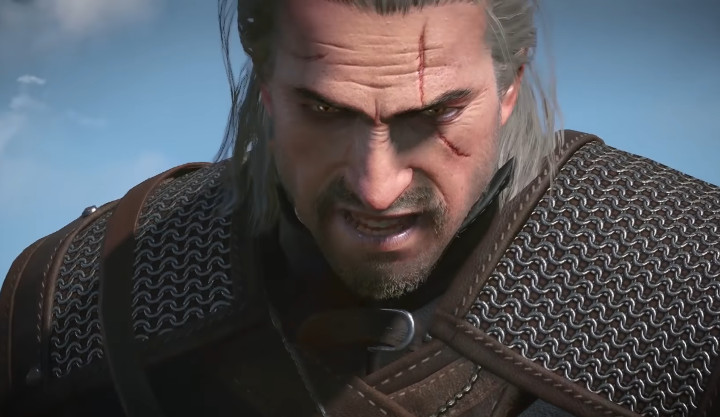
2. At most retailers, you can cancel a pre-order at any time.
That $5 that was ripped from your wallet can be reclaimed at any time. If an early review comes out that makes you wary of your purchase, run down to GameStop and cancel your pre-order. It’s as simple as that. You’ve not lost a thing but perhaps a little bit of your time.
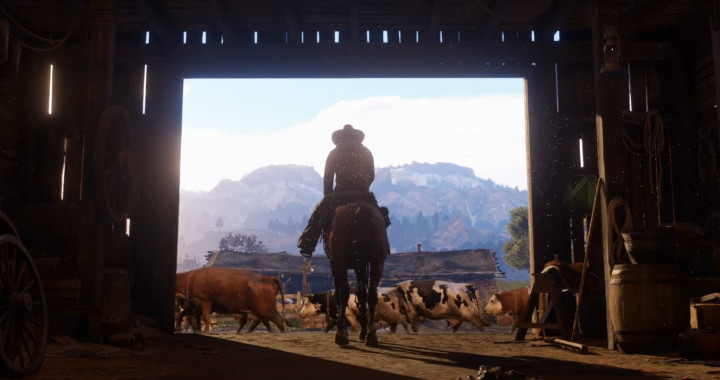
3. At GameStop, you typically have a week to pick up your game after launch, and you can still cancel your pre-order during this week.
I don’t know if other retailers do this off the top of my head, but I know GameStop will let you pick up your pre-order a full week after launch day in most cases. (This can be lowered to 48 hours in the case of products that are extremely rare and in high demand, like pretty much any collectible item made by Nintendo.) You can put down your $5, then wait until review scores come in. If the game looks like garbage, don’t waste your money. Go in and cancel your pre-order, or move your $5 credit to another item that looks like it might be better.
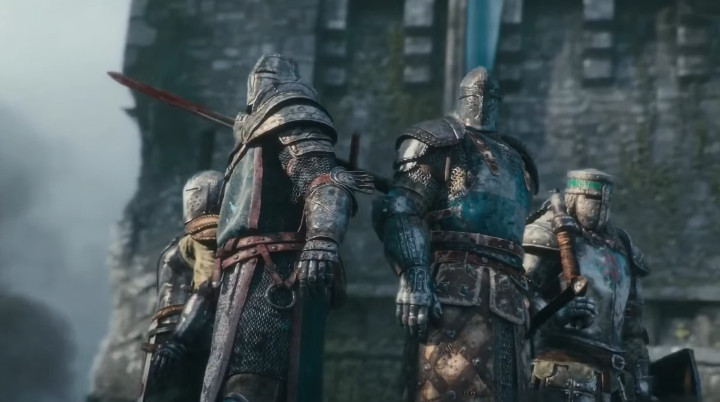
4. You can return an unopened video game.
Even if you go through the whole process of paying full price for a game and taking it home, as long as you don’t remove the shrinkwrap, you can still get your money back.
If you buy games on Amazon, you can sometimes return games even after they’ve been opened. And Steam, a purely digital service, lets you return any game for a full refund if you haven’t played it for more than two hours.
It’s actually pretty easy to return a video game if you’re smart about it. And one should always try to be smart about video game purchases.

5. A studio that consistently puts out bad games is going to lose sales, regardless of pre-order options.
A common argument against video game pre-orders is that it removes responsibility from game developers. They don’t have to make a good product because you’ve already purchased it.
Now, let’s just pretend for a second that this opinion actually reflects reality. If a game developer’s most recent title was complete and utter garbage, are you going to pre-order their next one? Sure, there are a few developers/publishers who can get away with bad game after bad game, but most consumers are smart enough to recognize and avoid them.
Loyalty is a fickle thing. Game developers know this. Game publishers know this. A great new IP will usually get a sequel, and it might even spawn a whole series. Look at Uncharted. Now look at Code Name: S.T.E.A.M. Uncharted is a beloved series that is consistently great. Code Name: S.T.E.A.M. won’t be getting a sequel, because it was largely considered a disappointment. If you pre-ordered Code Name: S.T.E.A.M., you might feel burned, but your comeuppance has already arrived; the game sold poorly and Nintendo is very unlikely to fund a sequel. If you pre-ordered Uncharted 4, however, you’re probably perfectly happy with your decision.
Keep in mind that even Call of Duty, once a sales behemoth, is hemorrhaging sales after a few mediocre entries in the series. No developer/publisher is completely immune to tarnishing its reputation by putting out garbage, and this is a bigger incentive to put out a great product than lack of pre-orders ever would be.
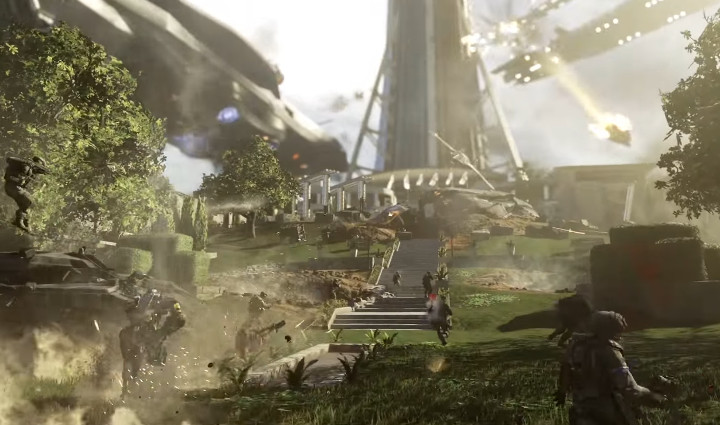
6. Obscure games can be difficult to acquire at launch.
If your cup of tea happens to be, say, Japanese tactical RPGs, it might be tricky to get your hands on a physical copy of something you’re excited about (of course, the digital marketplace is making obscure games easier to acquire in digital format). If you pre-order, you’re typically guaranteed a copy of it at launch (situations occur now and again where a shipping problem or something will prevent a pre-ordered game from arriving, but these situations are rare).
Is $5 worth the peace of mind that comes with knowing you’ll get your game at launch without hassle? Personally, I think so.
Now, here’s another thing to consider: A lot of niche Japanese games are completely dependent upon pre-orders to even make it to the United States. If a game can’t drum up enough pre-release interest, it becomes too risky for the publisher to pay for translation/localization, and we might never get to play it in the States without paying for an expensive import and learning Japanese.
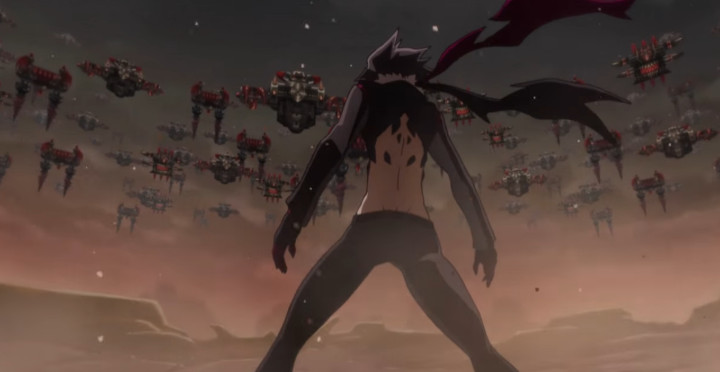
7. Most products can be pre-ordered these days, yet gamers are the only ones complaining about it.
Pre-ordering isn’t a new concept by any means (the first game I pre-ordered was released in 1999), and it’s not exclusive to video games. People are perfectly happy to pre-order iPhones, movie tickets, books, collectible toys, clothing, makeup, and more. In fact, custom-made enamel pins have a substantial pre-order culture. I’ve heard virtually no complaints about any of this.
There’s one key difference when it comes to video games. In a video game, you can offer tiny bonuses that will impact your in-game experience. Usually the difference is cosmetic — a character costume or custom design for a popular weapon — but this does often leak into things that impact your gameplay, like a bonus that lets you earn experience points faster.
Does that one difference matter? I suppose it does a little bit. A pre-order has at least a tiny measure of impact on the product you receive.
But if that bonus really matters to you, pre-order the game, claim your bonus, then return the game before you unwrap it. You get your sexy female warrior costume, though you won’t ever get to see it because you returned the game. The point, though, is that in a lot of cases, you don’t even have to buy a game to get the pre-order bonus, as long as you’re willing to return it.
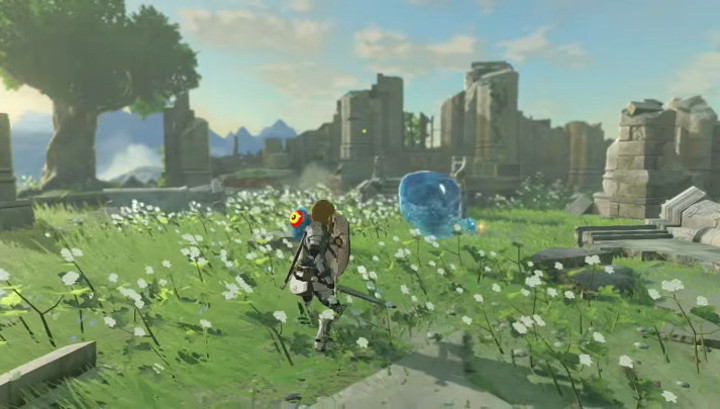
8. Video games are more expensive to produce than they’ve ever been. They’re also cheaper to buy than they’ve ever been.
In the 1980s, a development team of two or three people was not uncommon. In the 1990s, that number grew, but not by as much as you might think. The beloved hit GoldenEye 007 for N64, for example, was developed by ten people, and eight of them had never worked on a video game beforehand. According to Pauline Jacquey of Ubisoft, an open world game for the PS4 can take up to 600 people to make.
GoldenEye 007 retailed for $69.95 in 1997. When you factor in 20 years of inflation, that comes out to $105.84 in 2017. An Ubisoft open world game will retail for $59.99 in 2017. Even if there’s a $30 season pass, that brings you to $89.99, which is $15.85 less than the launch price of GoldenEye adjusted for inflation.
When you consider both factors together, it’s no wonder publishers are pushing downloadable content and season passes. The profit margin per unit is shrinking fast. Without pre-orders, DLC, and season passes, it’s quite possible you’d be paying over $100 for a video game these days.

9. We will never see a time when 100% of video game sales are pre-orders.
There’s an imagined apocalyptic scenario in which developers completely stop trying to make anything good because of the slack that pre-orders allow. I’m sorry, but this will only ever occur if the percentage of copies sold as pre-orders gets close to 100%. Developers and publishers are dependent upon every sale, and pre-orders make up just a fraction of that amount.
And even if the bizarre world of pre-order-only did exist, developers would at least have to make something that looked interesting in order to capture those pre-orders, as I mentioned in point #5.
The bottom line: there is no direct correlation between your pre-order and the quality of the game you pre-ordered. Sure, this is a sword that cuts both ways, but just like how you can’t improve a game with a pre-order, you’re also not eroding the quality of a game by plunking down $5 or $10 before launch.

10. Pre-ordering will always be optional.
If you don’t like pre-orders, don’t pre-order your video games. Believe it or not, a lot of people actually like to pre-order things.
Offering a pre-order gives you an alternative way to buy something. If a game I’m excited about is due out six months from now, I can put down $10 today, then put down $10 per month until launch. When release date comes, the game is already paid for. Thus, I can use pre-orders as an interest-free way to make payments on something. If $60 is difficult to scrape up, you can make a game purchase a lot less stressful this way.
Whatever your reason for pre-ordering something, it’s your choice to make. Taking away that option removes the ability to make that decision. And taking choice away from consumers is anti-consumer. Giving them a range of options, regardless of whether you like every single one of those options, is the very definition of pro-consumer.
